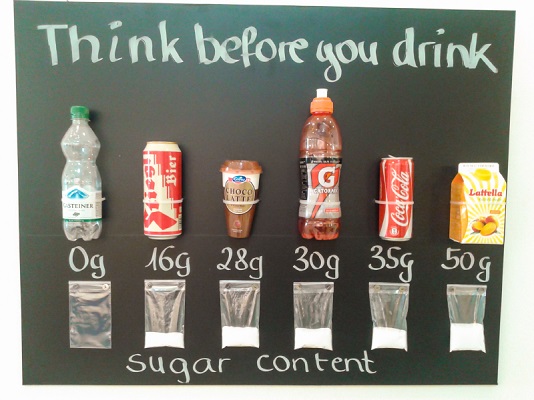
Why avoid sodas and sugary drinks?
The consumption of soft drinks in the United States and other westernized countries has finally started to decrease. Still, Americans consume about 40 gallons of carbonated soft drinks per person, per year, surpassing the consumption of bottled water. It is safe to say, this trend is similar in Bermuda. It is no coincidence that the incidence of fatigue, obesity, heart disease, osteoporosis and diabetes is rising. All of these are linked to a high consumption of sodas, sugary drinks and to an inadequate intake of water.
But don’t I need sugar?
Although glucose (sugar) is the main source of fuel for the body and brain, you do not need to add processed sugar to your diet. In fact, a healthy person can get all the sugar they need from complex carbohydrates such as fruit, root vegetables and whole grains.
What can’t I drink?
- All sodas – both diet and non-diet
- Undiluted fruit juice
- Fruit punch
- Sugary tea and coffee
- Energy drinks
- Vitamin infused waters.
Note: although many energy and vitamin drinks claim to be “healthy”, they also often contain high amounts of sugar – check out the labels!
What can I drink?
- Water, water and more water! (Preferably still, but some sparkling is ok.)
- Diluted fruit juice – half juice, half water
- Fruit juice diluted with sparkling water – fizzy and refreshing!
- Herbal teas
- Tea and coffee, without sugar
- Sports drinks (but ONLY when doing intense exercise!)
Are “diet” drinks ok?
Unfortunately, although “diet” drinks are sugar-free, they contain one or more common acids (phosphoric, citric, malic and tartaric) which are known to erode tooth enamel and deplete bone density. These drinks also often contain artificial sweeteners, colourings and flavourings which can trigger headaches, fatigue and allergies.







